
Thomas Michael Keneally, AO is an Australian novelist, playwright, essayist, and actor. He is best known for his non-fiction novel Schindler's Ark, the story of Oskar Schindler's rescue of Jews during the Holocaust, which won the Booker Prize in 1982. The book would later be adapted into Steven Spielberg's 1993 film Schindler's List, which won seven Academy Awards, including Best Picture.
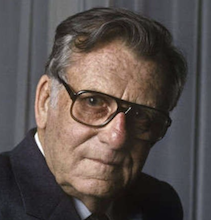
Morris Langlo West was an Australian novelist and playwright, best known for his novels The Devil's Advocate (1959), The Shoes of the Fisherman (1963) and The Clowns of God (1981). His books were published in 27 languages and sold more than 60 million copies worldwide. Each new book he wrote after he became an established writer sold more than one million copies.
The Miles Franklin Literary Award is an annual literary prize awarded to "a novel which is of the highest literary merit and presents Australian life in any of its phases". The award was set up according to the will of Miles Franklin (1879–1954), who is best known for writing the Australian classic My Brilliant Career (1901). She bequeathed her estate to fund this award. As of 2016, the award is valued at A$60,000.
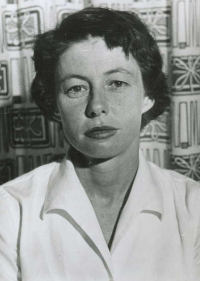
Thea Beatrice May Astley was an Australian novelist and short story writer. She was a prolific writer who was published for over 40 years from 1958. At the time of her death, she had won more Miles Franklin Awards, Australia's major literary award, than any other writer. As well as being a writer, she taught at all levels of education – primary, secondary and tertiary.

Mary Reibey née Haydock was an English-born merchant, shipowner and trader who was transported to Australia as a convict. After gaining her freedom, she was viewed by her contemporaries as a community role model and became legendary as a successful businesswoman in the colony.

The Survivor is a 1969 novel by Australian author Thomas Keneally.

My Life as a Fake is a 2003 novel by Australian writer Peter Carey based on the Ern Malley hoax of 1943, in which two poets created a fictitious poet, Ern Malley, and submitted poems in his name to the literary magazine Angry Penguins.
The Barbara Jefferis Award is an Australian literary award prize. The award was created in 2007 after being endowed by John Hinde upon his death to commemorate his late wife, author Barbara Jefferis. It is funded by his $1 million bequest. Originally an annual award, it has been awarded biennially since 2012.

Trap (1966) is the first novel by Australian author Peter Mathers. It won the Miles Franklin Award for 1966.

Bring Larks and Heroes is a 1967 novel by Australian author Thomas Keneally which won the Miles Franklin Award in 1967.
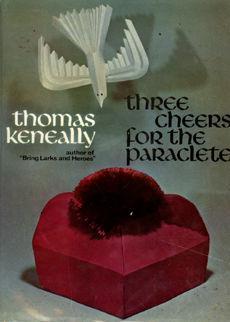
Three Cheers for the Paraclete (1968) is a novel by the Australian author Thomas Keneally. It won the Miles Franklin Award in 1968.
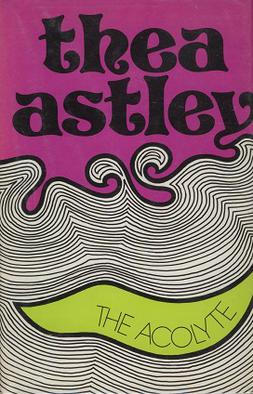
The Acolyte is a Miles Franklin Award-winning novel by Australian author Thea Astley first published in 1972.

Confederates is a 1979 novel by the Australian author Thomas Keneally which uses the American Civil War as its main subject matter.
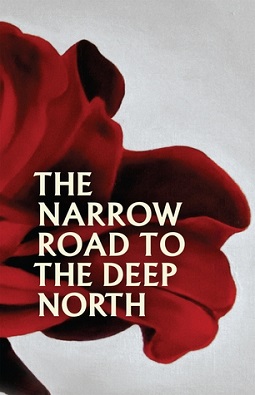
The Narrow Road to the Deep North is the sixth novel by Richard Flanagan, and was the winner of the 2014 Booker Prize.
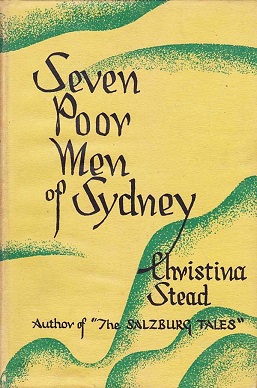
Seven Poor Men of Sydney (1934) is the first novel by Australian writer Christina Stead.
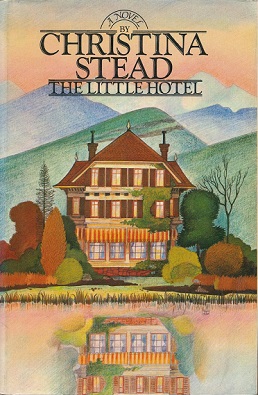
The Little Hotel (1973) is a novel by Australian writer Christina Stead.
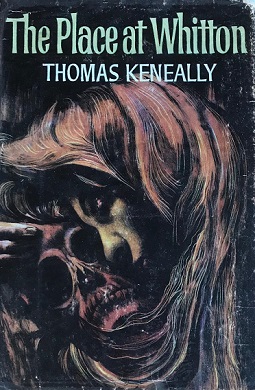
The Place at Whitton (1964) is the first novel by Australian writer Thomas Keneally.
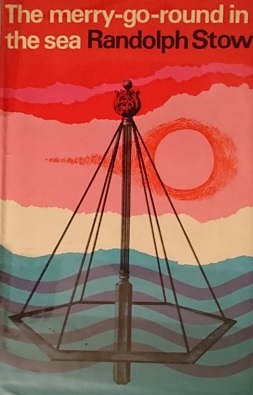
The Merry-Go-Round in the Sea (1965) is a novel by Australian writer Randolph Stow.

When Blackbirds Sing (1962) is the last novel by Australian writer Martin Boyd. It is also the last in the author's "Langton Tetralogy".
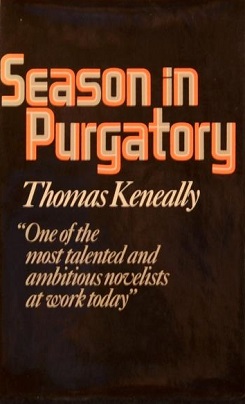
Season in Purgatory (1976) is a novel by Australian author Thomas Keneally.


















